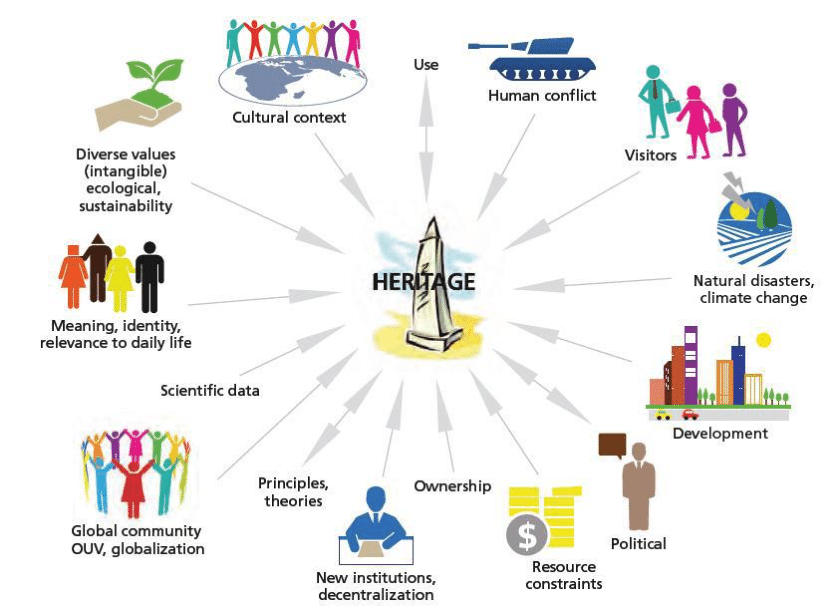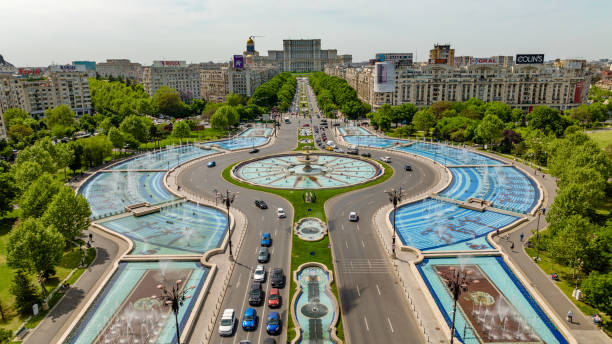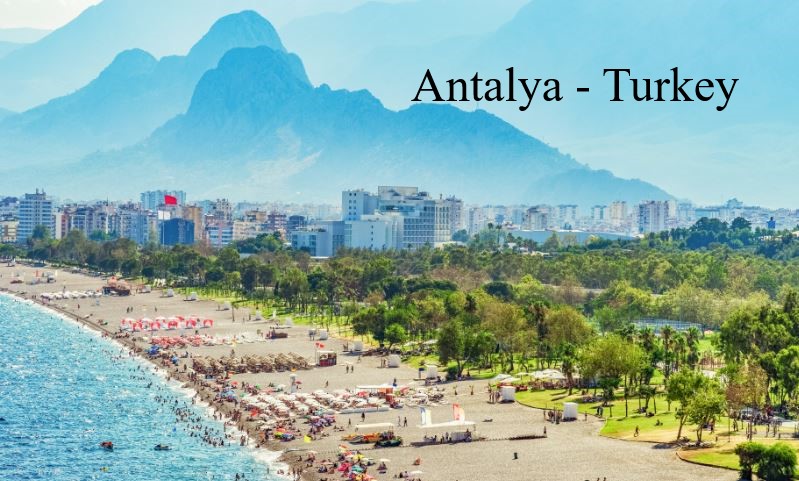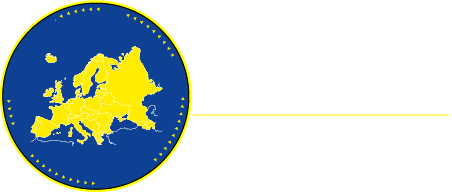

This course includes
- Heritage, between protection and destruction
- Components of the world cultural heritage
- Interpersonal skills
- Local development and tourism
- How to transfer knowledge
- Reflection, Evaluation, and Certification
Audience
- Teachers,
- Trainers,
- Educators,
- School administrators, etc.
According to the result of a 2017 Eurobarometer survey on cultural heritage, 88% of European citizens believe that Europe’s cultural heritage should be taught in schools.
Course Content
Daily Program
Locations & Dates
Pre-Register Form
Overview:
According to the result of a 2017 Eurobarometer survey on cultural heritage, 88% of European citizens believe that Europe’s cultural heritage should be taught in schools. It is essential that students know about their history and culture.
Learning Outcomes:
All participants will:
• to research and provide statistical data for the field of culture,
• learn new concepts and skills.
• to acquire knowledge, intellectual capacities and a wider range of skills regarding cultural heritage
• to promote the ideas of sustainable cultural heritage in Europe
• to know how to transfer knowledge to other people.
Objectives:
• Awareness and education regarding the need to know the national cultural heritage
• Development of teenagers’ attitudes towards the national cultural heritage.
• Knowledge of teaching methods for identifying the national cultural heritage.
• Participants will be able to implement the course content in their own classrooms
• Share best practices, ideas and materials with colleagues across the EU
Methodology:
The course promotes various learning motivation strategies and approaches teaching styles through research, discovery and challenges in order to know the national cultural heritage.
Preparation:
Before class,
– Participants will complete a detailed questionnaire before the course to indicate their level of experience, teaching and training background.
– They will also prepare a presentation that reflects their own teaching method.
Validation:
– A certificate of participation in the course will be given to all participants.
– A Europass mobility certificate will be granted if the participant requests it.
Day 1:
Icebreaker
Presentation of the program
Presentation of the participants
What is cultural heritage?
Heritage in history
Types of cultural heritage: tangible and intangible
Components of the world cultural heritage
Day 2:
How did the World Heritage story begin?
Built space versus natural setting.
Natural heritage
Heritage, between protection and destruction
Day 3:
Local heritage or universal heritage?
What conditions must be met for a monument to be accepted on the World Heritage List?
Heritage, local development and tourism
Europe — a privileged continent
Day 4:
The national and local heritage of the participants
Presentation of the tangible and intangible cultural heritage of the participants
Free discussions
Day 5:
Practical exercises – Elaboration of a brochure with the cultural heritage of the participants Feedback questionnaire
Conclusions/Certificates
Follow-up
All course participants will be provided with the presented materials, for effective dissemination in their own organizations and in other places. We will create a contact list of participants to exchange ideas/experiences. Learners will complete a feedback questionnaire regarding the training event.

Bucharest, Romania
Location:
Bucharest, Romania
Dates:
12-16 May 2025

Antalya, Turkey
Location:
Antalya, Turkey
Dates:
17-21 November 2025
